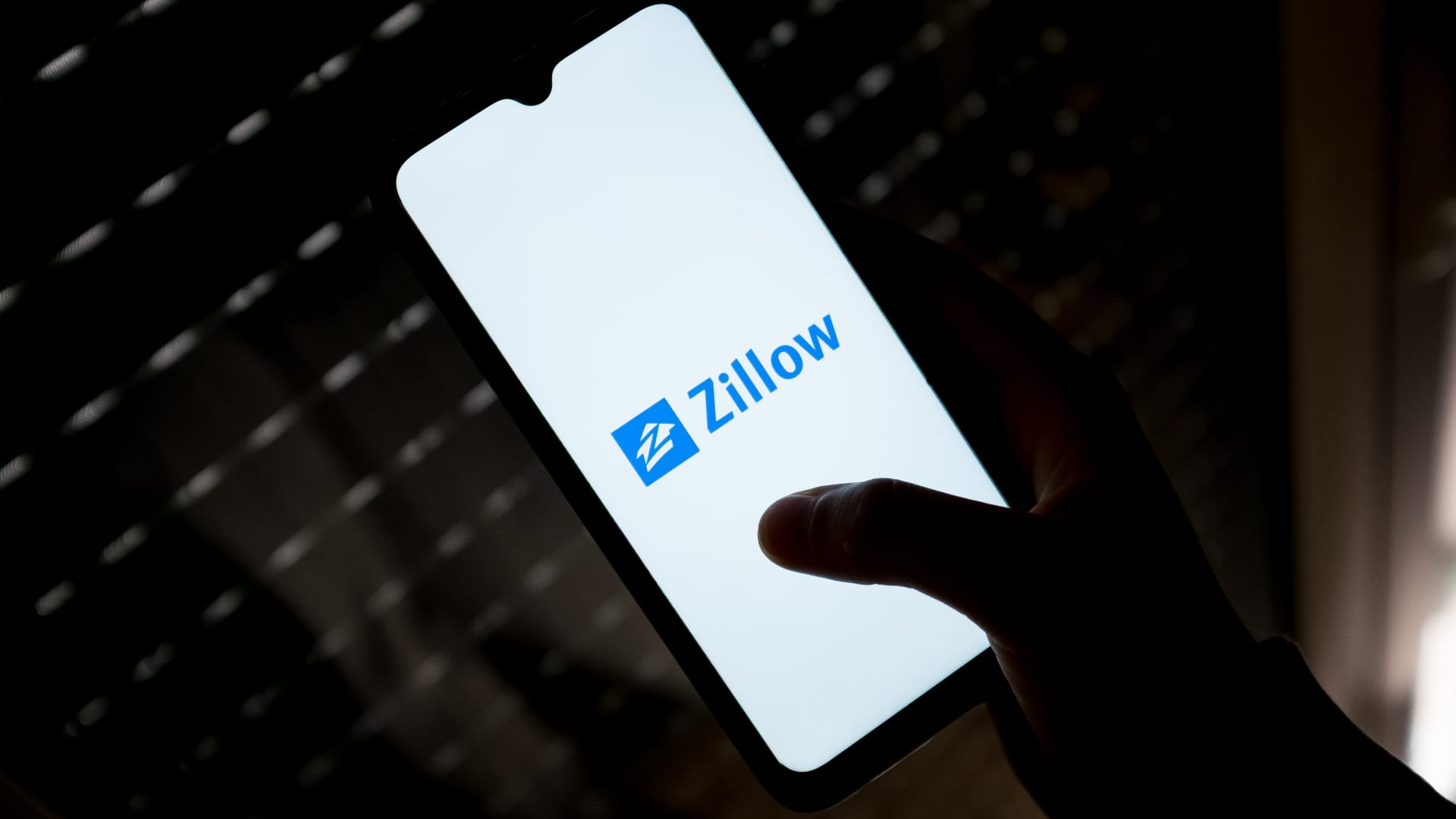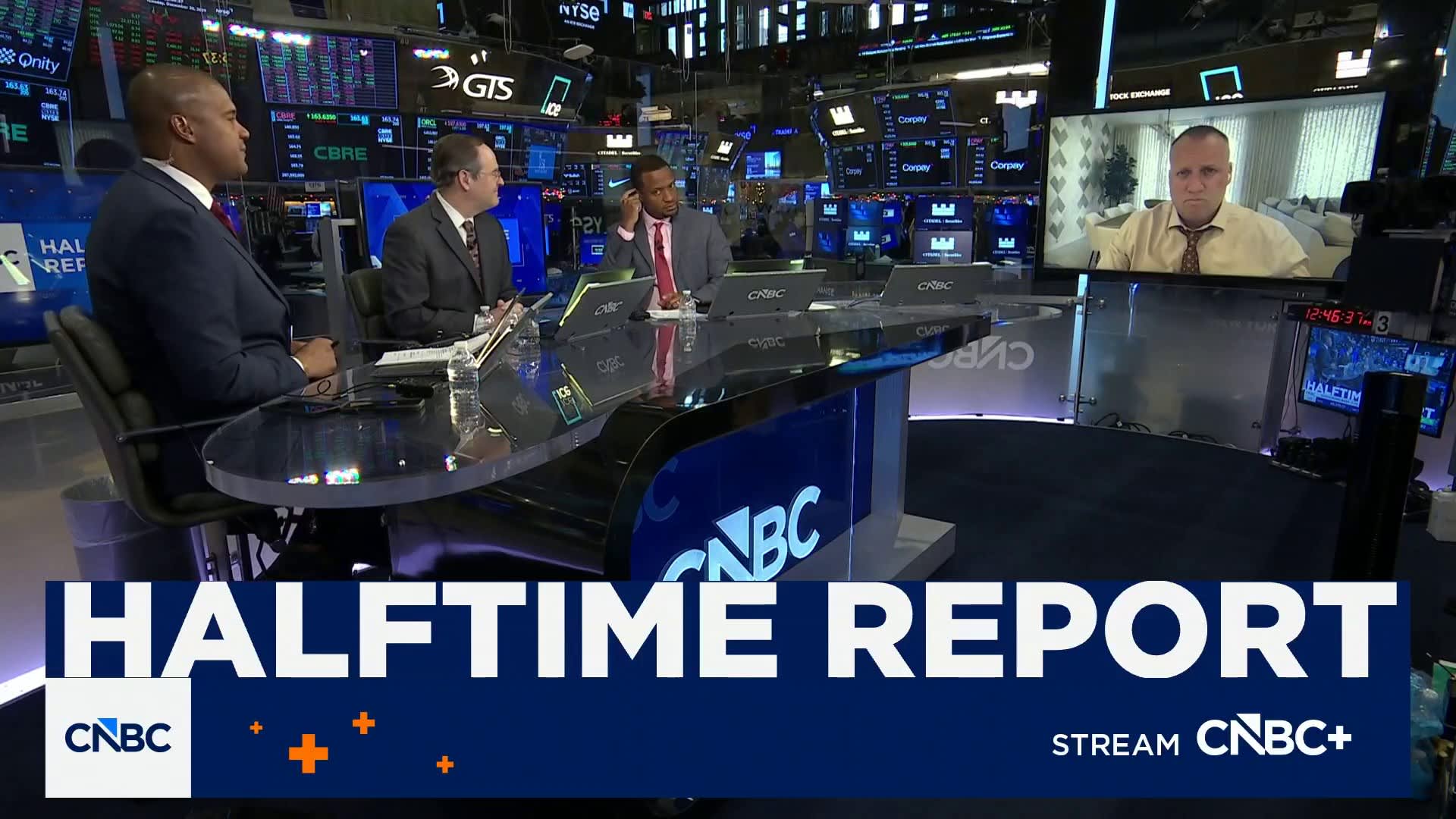Z
illow draws roughly 250 million distinct monthly visitors, making it the U.S. real‑estate portal with the largest audience. It is one of the few digital platforms that has reshaped home buying, selling, and renting in America. The free web and mobile app supplies detailed data on about 165 million properties—information that once existed only in agents’ Multiple Listing Service databases.
Among its innovations is the Zestimate, a machine‑learning estimate of a home’s value. The algorithm’s median error is 2 % for active listings and 7.1 % for off‑market homes. A 2023 NYU study found that sellers using Zestimates can boost profits by 4.16 % because the tool encourages more realistic pricing and patience.
Zillow’s revenue comes mainly from lead generation for agents. When an agent closes a sale from a Zillow lead, the company can claim up to 40 % of the commission. “Agents bid on zip codes to win leads and then must convert them,” explains Nikhil Devnani, senior U.S. internet analyst at Bernstein. Using the median U.S. home price of $410,800, a buyer agent’s 3 % commission equals about $12,324; Zillow’s cut would be roughly $4,930. CEO Jeremy Wacksman told CNBC that the more transactions Zillow facilitates, the more revenue it earns.
In 2024, Zillow posted $2.2 billion in revenue, with 71 % coming from residential real‑estate activity, including lead generation. The company also operates Zillow Home Loans and a rental‑advertising arm.
Zillow’s dominance has drawn criticism. Compass sued the company over its “24‑hour listing” rule, which forces sellers to list on Zillow within a day of appearing on MLS or lose the ability to list at all. “It’s like Amazon demanding your inventory to earn a 40 % referral fee,” said Compass CEO Robert Reffkin on CNBC’s “Squawk on the Street.” The parties are set to present evidence for a preliminary injunction this month. Zillow reiterated in a September note that properties marketed to some buyers should be marketed to all.
The FTC filed an antitrust suit against Zillow and Redfin over a partnership that began earlier in the year. Zillow had paid Redfin $100 million to syndicate its rental ads on Redfin.com; Redfin subsequently shut its multifamily advertising division and laid off staff. In October, five state attorneys general joined the lawsuit, arguing the deal would create near‑total consolidation in the rental‑listing market and raise apartment prices. Arizona Attorney General Kris Mayes warned that owners might pass those costs onto renters.
In response, Zillow said it is increasing fee transparency and investing in tools to simplify and decentralize renting for both renters and providers. Redfin’s spokesperson disagreed with the FTC’s claims, noting that its existing advertising client base could not justify the cost of maintaining a rental sales force.














